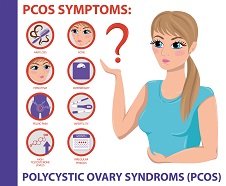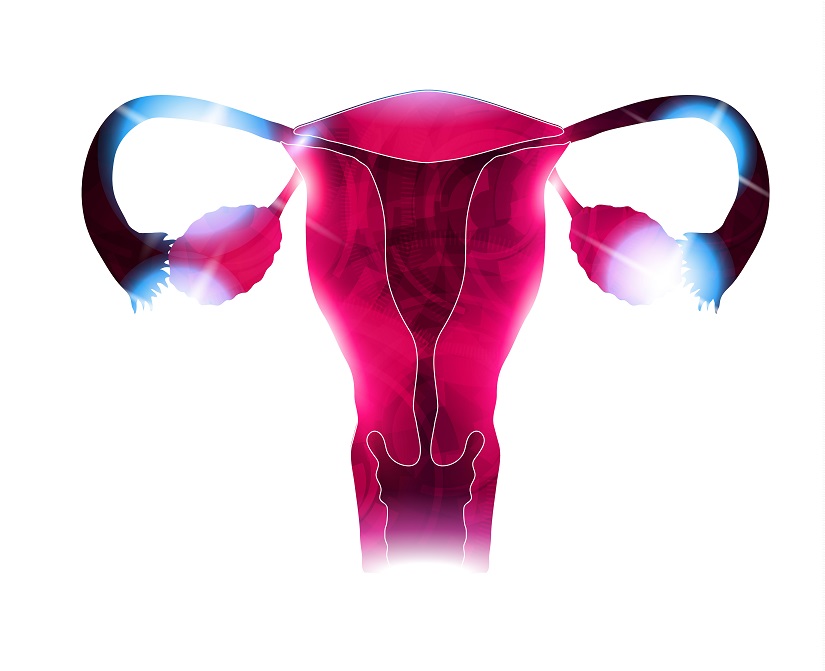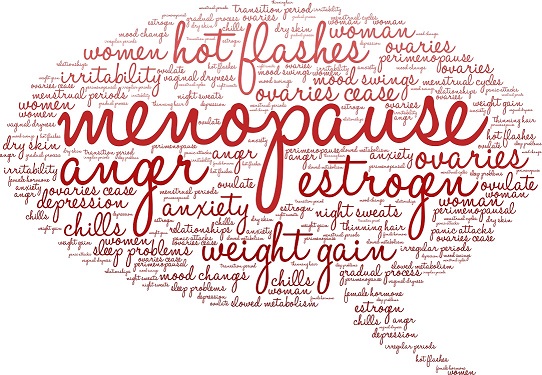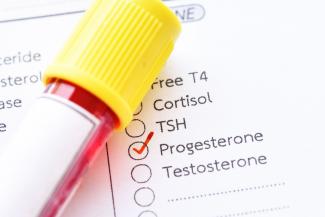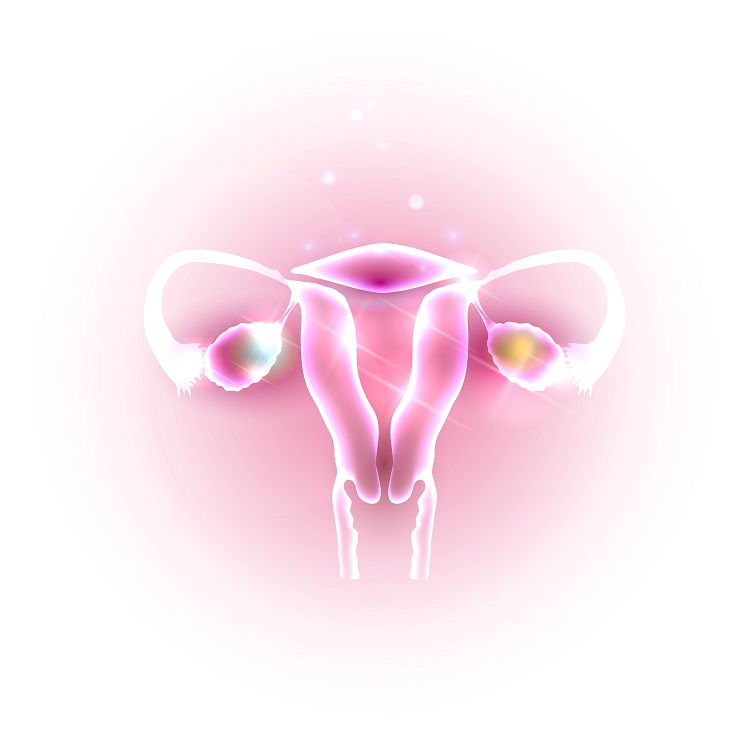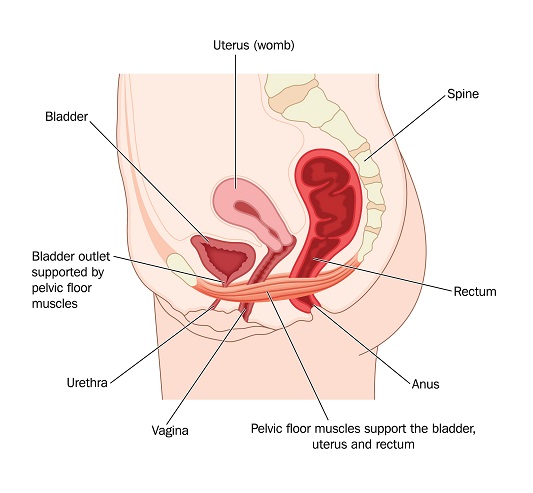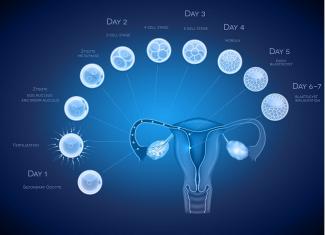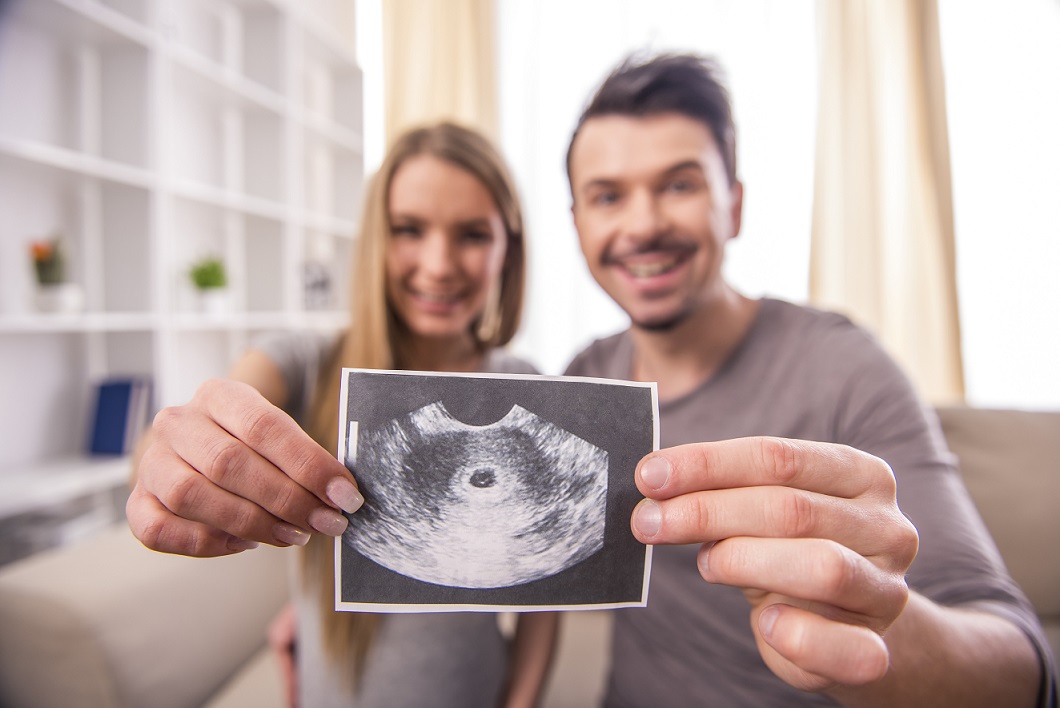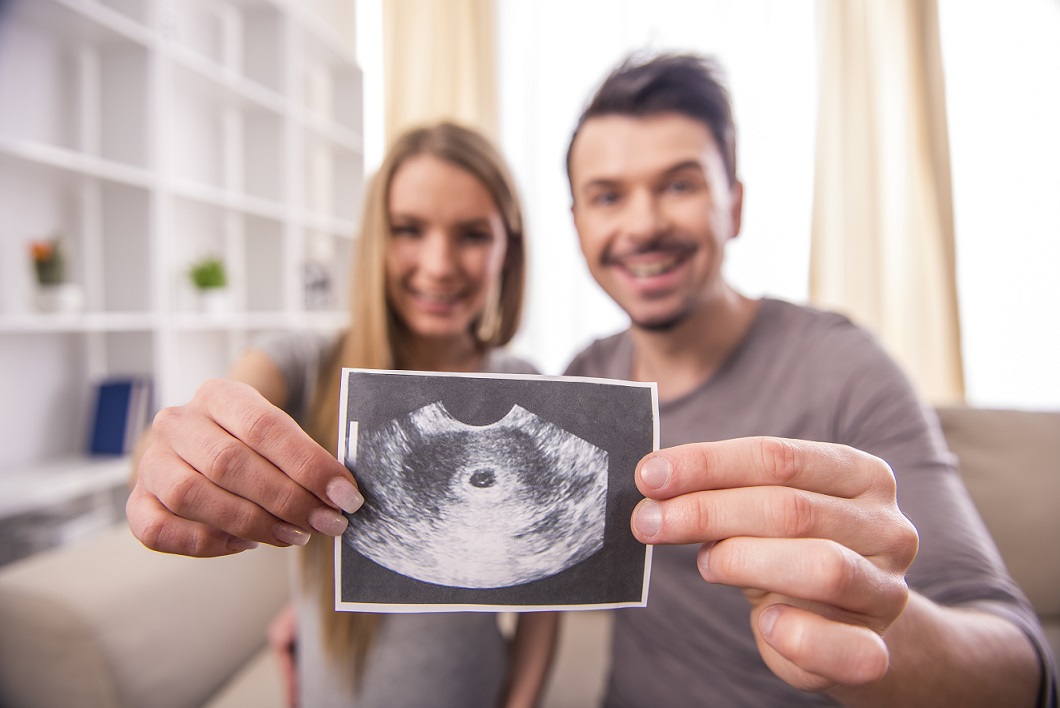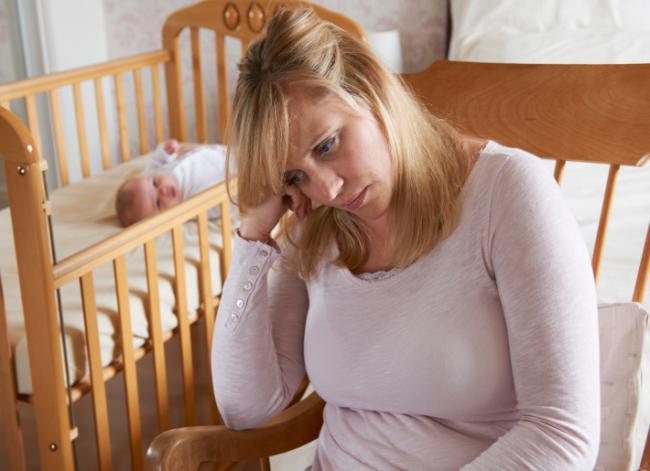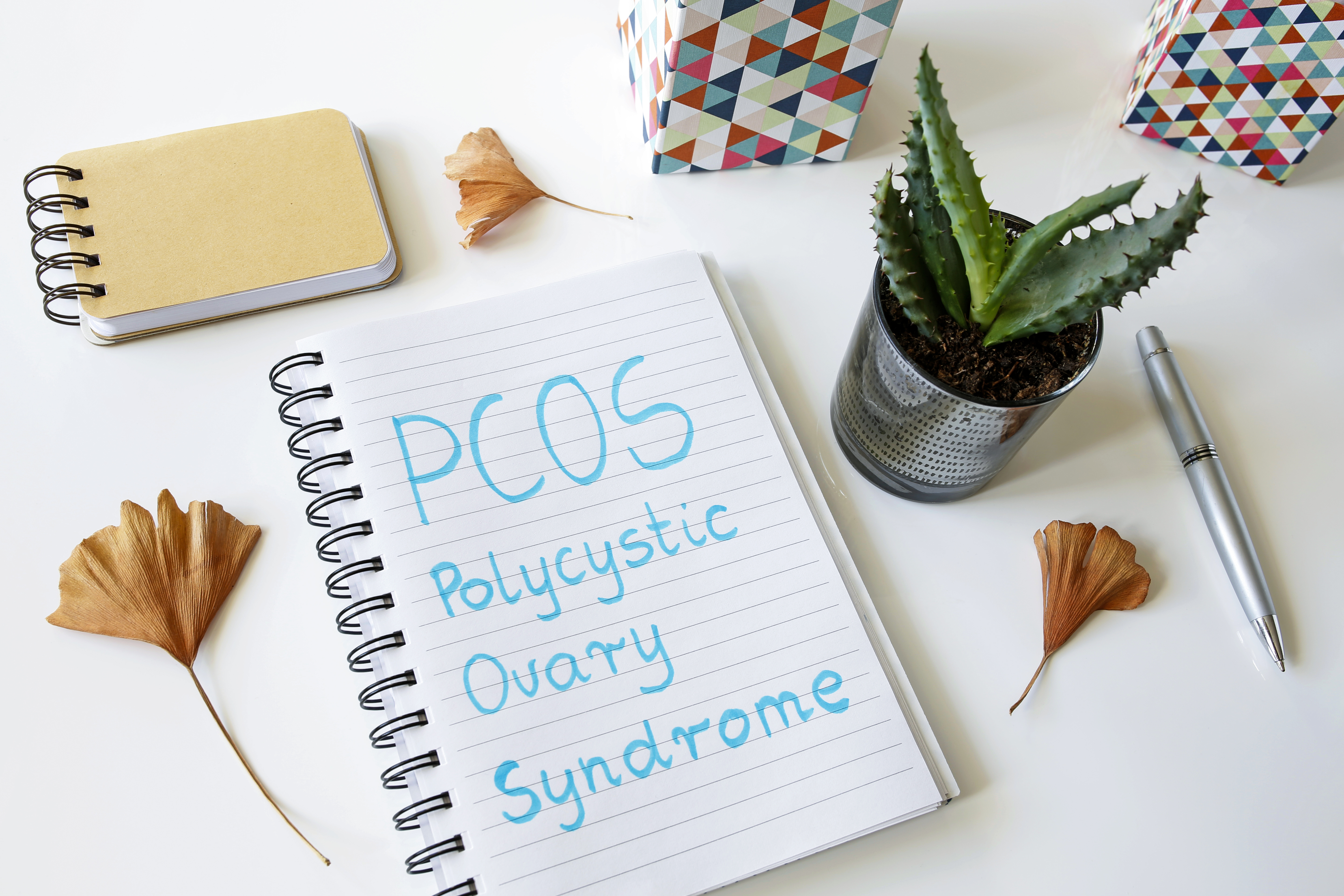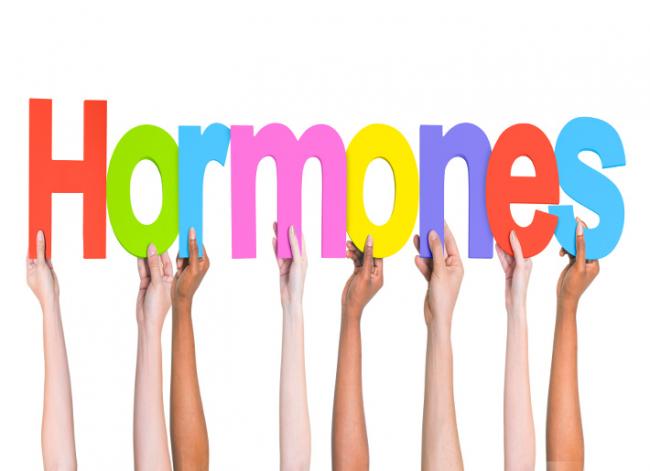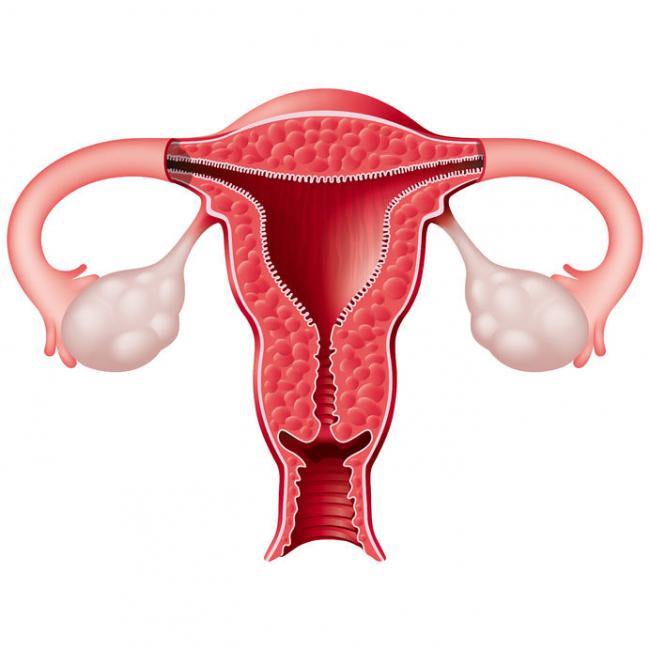Related Articles
- 20 Sep 19
 Thinking of conceiving? You may have heard about the “100 days”—the time it takes for an egg to mature. For men, it takes about 80 days for sperm to mature. During this time of development and maturation, a woman’s follicles and a man’s sperm are extremely vulnerable to DNA damage from exposure to toxins, systemic or chronic inflammation, and nutrient deficiencies. This means that for many who are ready to or are thinking of conceiving in the not-so-far future, the health of their eggs and sperm can be greatly impacted before they are even released, either during ovulation or ejaculation. This is the window that we need to take advantage of, to increase the health of our eggs and sperm to increase the odds of a viable and healthy egg, and fertilization.
Thinking of conceiving? You may have heard about the “100 days”—the time it takes for an egg to mature. For men, it takes about 80 days for sperm to mature. During this time of development and maturation, a woman’s follicles and a man’s sperm are extremely vulnerable to DNA damage from exposure to toxins, systemic or chronic inflammation, and nutrient deficiencies. This means that for many who are ready to or are thinking of conceiving in the not-so-far future, the health of their eggs and sperm can be greatly impacted before they are even released, either during ovulation or ejaculation. This is the window that we need to take advantage of, to increase the health of our eggs and sperm to increase the odds of a viable and healthy egg, and fertilization. - 30 Apr 19
We often think of polycystic ovary syndrome (PCOS) as a hormonal disorder, but it’s also (and maybe even predominantly) a metabolic one.
- 18 Sep 18
When it comes to women’s cervical health, the Pap test, also known as a Pap smear, is significantly important in reducing the incidence of cervical cancer.[1]
- 24 Sep 21
A common concern presenting in general practice is hair loss. Hair is an integral aspect of our identity and feelings of self-esteem, and it offers an element of aesthetic expression for many. To see it recede or thin can be a challenging experience. This article will first review notable information pertaining to the hair physiology, along with key aspects relating to male and female patterns of hair loss (androgenic alopecia).
- 08 Nov 18
Fluctuating sex hormones during the menstrual cycle can lead to changes in energy, mood, or physical symptoms, most commonly in the late luteal phase.
- 27 Aug 18
Most women spend their entire lives waiting for their menstrual cycle to end. “No more discomfort!” we cry, thinking that this glorious time will bring cessation of all our hormone imbalances, headaches, skin concerns, bloating, mood swings, and of course risk of pregnancy.
- 20 Sep 19
 Progesterone is a wonder hormone. We know that it is important with respect to reproduction, as it helps maintain a pregnancy; however, it is also extremely important for females who are not trying to conceive. Low progesterone has been a phenomenon I have noticed consistently in practice, affecting all ages from teens to menopausal females. But why?
Progesterone is a wonder hormone. We know that it is important with respect to reproduction, as it helps maintain a pregnancy; however, it is also extremely important for females who are not trying to conceive. Low progesterone has been a phenomenon I have noticed consistently in practice, affecting all ages from teens to menopausal females. But why? - 20 Sep 19
 The value of breastmilk continues to grow as we discover additional properties and health benefits. It contains all the nutrients that a newborn requires, except for vitamin D, and life protecting antibodies that are custom made by mom in response to the unique dangers of her environment. However, recent research continues to uncover hidden treasures within this elixir of life. This article will review new studies and discuss the implication for infant development.
The value of breastmilk continues to grow as we discover additional properties and health benefits. It contains all the nutrients that a newborn requires, except for vitamin D, and life protecting antibodies that are custom made by mom in response to the unique dangers of her environment. However, recent research continues to uncover hidden treasures within this elixir of life. This article will review new studies and discuss the implication for infant development. - 11 Oct 18
Polycystic ovary syndrome (PCOS) is a condition represented by both reproductive and endocrine symptoms. It currently impacts at least 5–10% of reproductive-age women.[1]
- 18 Sep 18
Endometriosis is a chronic pain condition, which in 2009 was estimated to impact more than 344,000 women in Canada. [1] This number of cases was reflective only of surgically confirmed cases, and many more women experience the condition without a formal diagnosis.
- 31 May 19
In pregnancy, there are three trimesters, spanning over nine months. Postpartum is sometimes referred to as the “fourth trimester” and can be divided into three distinct phases.
- 31 May 19
The structure of the pelvic floor creates a support system for the pelvic organs. These muscles, composed by the pelvic diaphragm and elevator ani complex, form a sling around the urethra, distal vagina, and rectum.
- 18 Mar 19
Hormonal imbalance is a common problem many women face. Women are now, more than ever before, taking on more and more responsibilities—they’re caregivers, nurturers, and employed in the workforce to make ends meet.
- 14 Jun 18
The availability of contraceptive birth control has been incredibly supportive of women’s autonomy over reproductive health. As women, we’ve been given this amazing opportunity to be in control of our bodies; whether it be for preventing an accidental pregnancy, or for obtaining relief from hormonal dysfunction.
- 07 Feb 18
In media today, inflammation is depicted as having a negative influence on health but for good reason. Inflammation is related to many disease processes especially those involved in auto-immune conditions such as Crohn’s disease, arthritis; asthma (1). It is easy to forget that the inflammatory response as part of the immune system is itself an adaptive process to aid in healing.
- 06 Sep 16
- 03 May 17
- 22 Jan 18
The main difference between postpartum blues and depression lies in the severity and duration of symptoms. These symptoms can include sadness, crying, anxiety, losing interest in things that were previously enjoyable, a lack of desire to be with their newborn, and more. In the blues, these symptoms are present in a mild fashion and have a minimal impact on function. This is not the case with postpartum depression, which does interfere with normal function and is experienced more intensely and for longer. Existing depression, or a history of postpartum depression, increases the risk of experiencing depression postbirth....
- 14 Nov 19
Polycystic ovary syndrome (PCOS) is a misleading term, since it doesn’t always involve cysts in your ovaries. You might now be wondering why the heck PCOS is called that, then, and what it is anyway.
- 22 Jan 18
They make us feel happy, they help us to sleep, they swing our moods in every direction, and they keep our metabolism revving. They have the potential to wreak havoc in our lives, but we just can’t live without them. No, this article isn’t about your spouse — it’s all about hormones!
Newsletter
Most Popular
- 26 Sep 13
- 16 Jan 16
- 17 Aug 16
- 17 Jun 13
- 17 Jun 13
- 17 Jun 13
- 01 Jul 13
- 17 Jun 13
- 17 Jun 13
- 17 Jun 13
- 01 Jul 13
- 17 Jun 13
- 17 Jun 13
- 17 Jun 13
- 01 Jul 13





